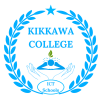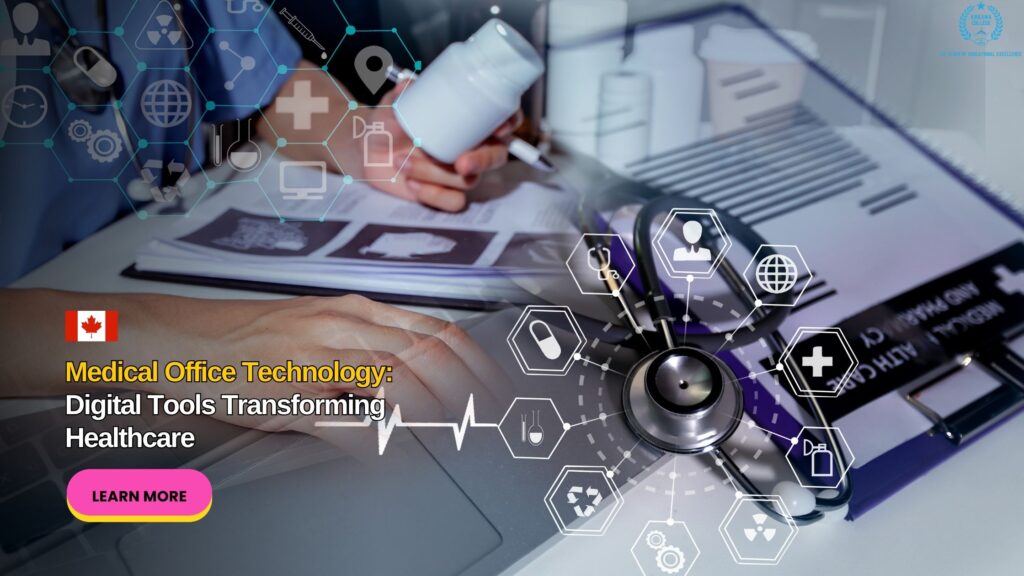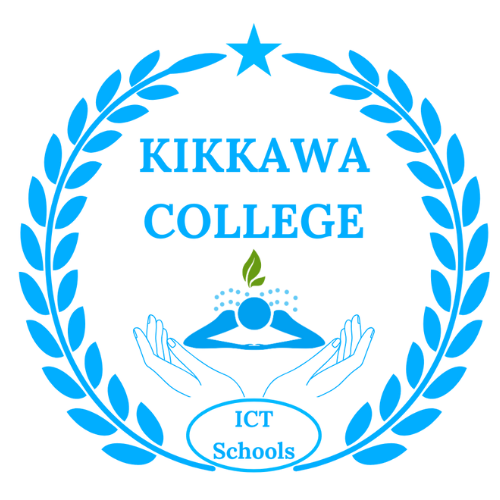The Role of Technology in Modern Medical Offices
Medical offices today are vastly different from those of a decade ago. Technology has revolutionized the way administrators manage patient care, making healthcare more efficient, accurate, and patient-centered. For medical office administrators (MOAs), mastering these tools is essential.
Key Technologies in Medical Offices
- Electronic Health Records (EHRs) – Digital records allow providers to access patient histories quickly and securely.
- Practice Management Software – Automates scheduling, billing, and reporting, saving time and reducing errors.
- Telemedicine Platforms – Enable remote consultations, requiring MOAs to manage virtual appointments and digital intake forms.
- Medical Billing Systems – Ensure accurate insurance claims and faster reimbursements.
Benefits of Technology for Patients
Patients benefit from reduced wait times, easier communication with providers, and better coordination of care. For example, automated reminders reduce missed appointments, while secure portals allow patients to view their test results online.
Skills Needed by MOAs
To thrive in this environment, MOAs must be tech-savvy. They need to understand software systems, troubleshoot minor issues, and guide patients through digital processes. Strong computer literacy is now as important as interpersonal skills.
Training at ICT Schools
The Medical Office Administration Diploma at ICT Schools emphasizes both administrative fundamentals and digital healthcare systems. Students gain hands-on experience with industry-standard software, preparing them for modern medical environments.
Technology has become the backbone of healthcare administration. For aspiring MOAs, mastering it means being at the forefront of efficient, patient-centered care.






